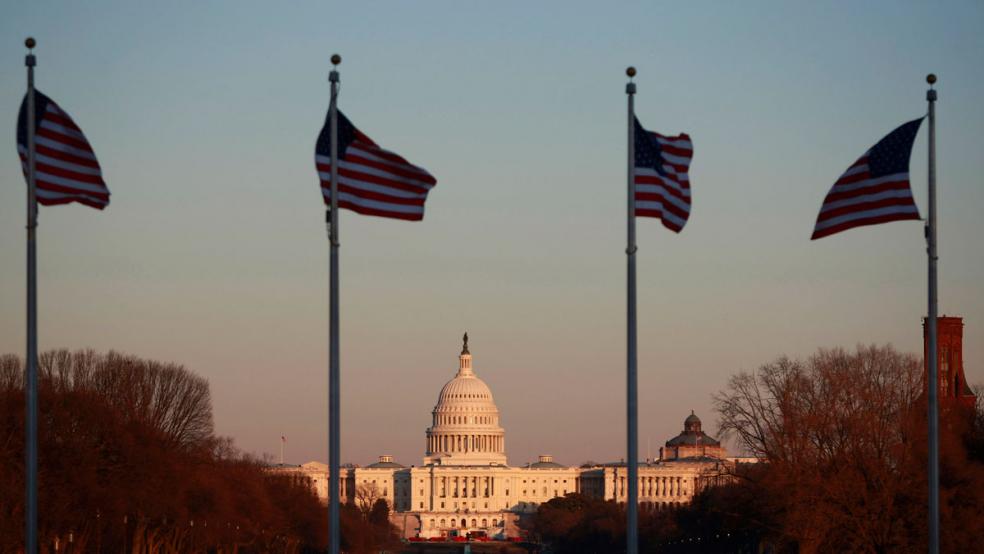The wealth tax proposed by Democratic presidential candidates Elizabeth Warren and Bernie Sanders has broad support among the American public. A Hill-HarrisX survey last year found that 74% of respondents supported the imposition of a 2% tax on household assets over $50 million and a 3% tax on assets over $1 billion, while just 26% of respondents were opposed.
Not surprisingly, the idea has markedly less support among the ranks of America’s super-wealthy. A number of billionaires have expressed their opposition to the idea, including Democratic candidate Michael Bloomberg, who said the idea is “probably unconstitutional.” (Warren wondered earlier this week if worries about her wealth tax inspired Bloomberg to run. “I guess he figured it was cheaper than paying a $0.02 wealth tax,” she quipped.)
Other billionaires have spoken out against the proposed tax, focusing on questions of legality, practicality and fairness. In an interview released Thursday, billionaire sports merchandiser Michael Rubin framed the wealth tax as a job and business killer. “I think the effect of having a net worth tax would take people that are starting companies and say, I'm not going to start them in America, but go somewhere else, because it's such a negative impact,” Rubin told Yahoo Finance.
In their new book, The Triumph of Injustice, liberal economists Emmanuel Saez and Gabriel Zucman, who advised both Warren and Sanders on their tax plans, lay out their argument for a wealth tax. In a newly published interview with Clio Chang of The Nation, Zucman says that a wealth tax was necessary because many rich people report little taxable income:
"Take the case of Warren Buffett. He’s worth $80 billion today, and his true economic income is something like 6 percent of his wealth, so around $5 billion, but because he instructs his company Berkshire Hathaway not to pay dividends, his taxable income is very low. Basically, what Buffet[t] and other people in his position do is he sells a few shares every year, realizes gains on those shares, $10 million or $20 million, and then pays a little bit of taxes on that. And you see that even if you increased the top marginal income tax to 90 percent in the case of Buffett, it would not make any significant difference to his tax bill. That’s the reason we need a wealth tax."
Zucman also argues for a wealth tax on political grounds, saying that they reduce inequality and serve as a check on the political power of the wealthy. “It’s a very American idea,” Zucman says, citing Franklin D. Roosevelt’s proposed 100% tax on incomes over $25,000, or roughly $1 million in current dollars. Congress eventually settled on a 94% top marginal rate – “not very far from 100 percent,” Zucman says – and kept the top rate at around 90% for decades.
Zucman says the rates stayed high because lawmakers understood that they were designed to limit the concentration of wealth. “This idea that excessive income and wealth inequality is a bad thing in and of itself is deeply rooted in the US, which was created in part in reaction against the highly unequal and aristocratic European societies of the 18th century,” Zucman said. “One powerful way to regulate that inequality is with sharply progressive income taxation on very high incomes. What we’re trying to do in the book is to help the American public reconnect with this tradition. What we’re saying is, ‘Look, that’s your history.’”




